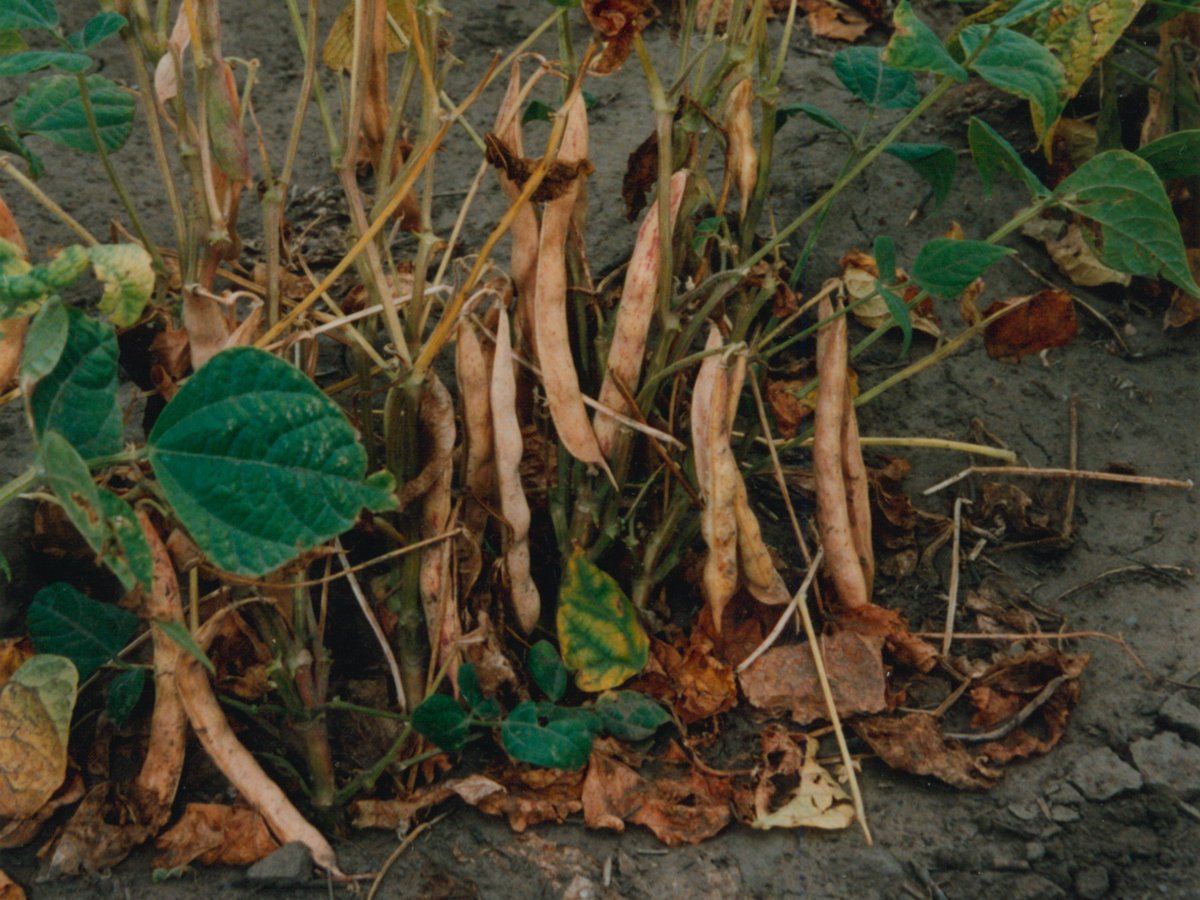FERINTOSH, Alta. – By his own judgment Bob Klassen should be voting yes in the upcoming Canadian Wheat Board plebiscite.
The central Alberta producer farms 6,000 acres of land, is electronically linked to the Winnipeg Commodity Exchange, the Chicago Board of Trade and gets weather updates every 10 minutes over his computer screen.
The market information available on one of his two computer screens is monitored hourly to secure the best price for his barley, peas, wheat and canola.
There are cellular telephones in his vehicles and he has two new grain trucks capable of hauling grain across Canada.
Read Also

Dry bean seeded acreage in Manitoba hits 20-year high
Dry bean acreage across all types reached around 207,000 acres in 2025, representing a significant increase from last year’s 182,000 acres.
But Klassen still is undecided how he will vote in the non-binding plebiscite on the future of wheat and barley marketing. The question asks Alberta farmers if they want freedom to market those two crops outside the Canadian Wheat Board.
“If you looked at how we operate and the equipment we got you’d wouldn’t find another guy in a similar situation that’s undecided,” said Klassen, sitting in his farm office.
Behind the times
On one hand he’s frustrated by what he considers some archaic conditions at the Canadian Wheat Board. In an electronic world the wheat board still mails cheques instead of using direct deposit and it doesn’t communicate electronically. He thinks the commissioners should be elected, not appointed, and fundamental changes seem to take 20 years to implement.
“The chain of command should be very clear. This is our organization. The wheat board should represent us, not the federal government,” said Klassen.
But he also believes the wheat board, as the lone seller of Canadian export wheat, can still demand the best price for grain in an international market.
“They must be doing something right because of the intensity of hate the U.S. has for the wheat board.”
In the next few weeks he’s looking for some good solid answers from both sides and not political rhetoric to help him vote.
Ken Rieger of Debolt is also looking for some solid reasons from either side.
“I’m pretty undecided,” said the northern Alberta farmer.
While Rieger doesn’t know if he’s willing to kill the wheat board, he would feel more comfortable if wheat board officials admitted they’ve made mistakes and are willing to change.
“If only the board would come out and admit they have a lot of problems and are willing to fix it, I’d have more confidence.”
Like Klassen, Rieger thinks the board suffers from a lumbering bureaucracy. He said he could be influenced in the end by his neighbors who favor dual marketing.
Tim Harvie, chair of the Alberta Barley Commission, thinks there are few farmers like Klassen and Rieger: “Any indecision comes from those who aren’t well informed.”
Believe in free markets
To Harvie, the question has more of a philosophical nature. If you believe in the fundamental principles of free markets, you would vote yes to the question.
“We kept the question very simple and on the question of individual rights,” said Harvie, who sat on the panel that designed the question.
He predicts some indecision between wheat and barley. Some farmers may vote for a more free-wheeling market for barley and say no to a more open market for wheat.
Art Macklin, a member of the wheat board’s advisory committee, predicts there will be some farmers undecided because of the question itself.
“I think there’s going to be some confusion based on the wording of the question,” said Macklin.
Even some longtime National Farmers Union members took a second look at the question because of the wording of freedom, he said.
“It’s a devious question. The results of this question can be very political.”
There are two separate questions, for wheat and for barley: “Are you in favor of having the freedom to sell your barley/wheat to any buyer, including the Canadian Wheat Board, into domestic and export markets?”
















